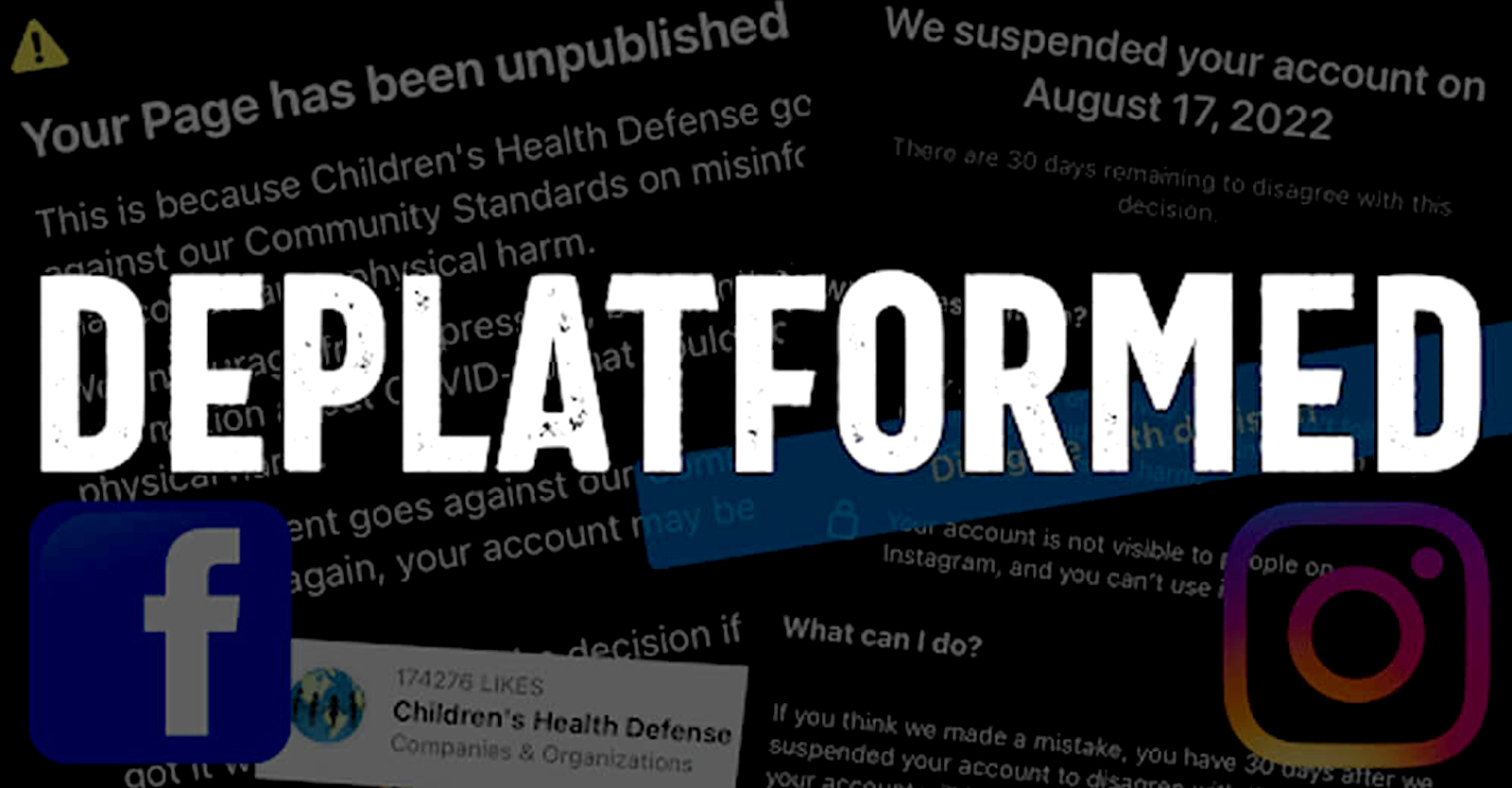Trump’s Health Secretary Pick a Known Vaccine Skeptic
The selection of Robert F. Kennedy Jr. to helm the Department of Health and Human Services by incoming President Donald Trump represents a nod to a small yet expanding group who harbor skepticism towards vaccines and often perpetrate or fall prey to misinformation. Kennedy has earned notoriety as a long-term vaccine doubter, having established the key anti-vaccine organization, Children’s Health Defense, and repeatedly advocating for a discredited theory attributing vaccines to autism.
Despite recently retracting his stance slightly and assuring the public he would not spearhead any efforts to revoke vaccination programs following Trump’s election victory, Kennedy’s untraditional perspectives related to medicine have garnered criticism, particularly among the medical community and certain political circles. His contentious views have not resonated well with everyone, and concerns about these views are becoming increasingly prevalent.
Republican Senate Majority Leader Mitch McConnell issued a statement on December 13, 2024, emphasizing the danger of eroding public faith in well-established medical treatments, describing such actions as uninformed and perilous, thereby echoing the apprehensions of many in the Capitol. He sent a stern warning that anyone seeking Senate approval for a role in the upcoming administration should take pains to avoid even the merest suggestion of supporting such efforts.
However, Kennedy finds a partner in his beliefs in Republican Senator Ron Johnson of Wisconsin, who has demonstrated firm skepticism towards the COVID-19 vaccines, often circulating misinformation. The Wisconsin Senator expressed elation over Trump’s decision to appoint Kennedy, expressing desire to collaborate closely on exploring matters such as the effectiveness of vaccines.
Asserting a desire for transparent and unbiased scientific findings when evaluating the safety of vaccines, Johnson underscored the need to courageously question the surge in autism and chronic illnesses. However, when asked to substantiate his claims, he revealed a tweet from attorney Aaron Siri, who provides advice to Kennedy.
The shared tweet contained a graph by the vaccine-doubtful organization, Informed Consent Action Network. The chart detailed 17 vaccines – including those for pertussis, measles, mumps and rubella, HPV, COVID-19, and the flu – which they claim have not been duly authorised by the FDA, insisting they were not subjected to long-term placebo-controlled trials.
Johnson’s office additionally shared an interview in which Kennedy recounted a discussion he had with Dr. Anthony Fauci, the past director of the National Institute of Allergy and Infectious Diseases. During the conversation, Kennedy put Fauci on the spot, challenging him to provide evidence supporting that vaccines recommended for U.S. citizens had undergone placebo-controlled investigations, an evidence Fauci was reportedly unable to provide.
Placebo trials are seen as the most reliable way of ascertaining the safety and efficacy of a new drug, a sentiment echoed by experts at the World Health Organization. The use of a placebo is designed to simulate the sensation of receiving an actual vaccination, so the patient is in the dark about whether they belong to the control or experimental group.
Dr. Paul Offit, Director of the Vaccine Education Center at the Children’s Hospital of Philadelphia, refutes the group’s contention that only water and salt water can be classified as true placebos, stating that ‘a wide range of placebos have been utilized in vaccine trials.’ He points out that placebos can contain buffers, stabilizing agents, emulsifying agents, or special additives, all of which fit the FDA’s definition of a placebo.
The group’s chart cites a rotavirus vaccine, RotaTeq, as an instance of a vaccine not approved based on a placebo-controlled trial. However, according to the FDA, the placebo used in the trial included a blend of substances including sucrose, sodium citrate, sodium phosphate, tissue culture medium, and polysorbate 80.
Dr. William Moss from Johns Hopkins Bloomberg School of Public Health suggests that placebos are sometimes thought of as a comparison group, where one group receive the vaccine being tested and another group receive something different. This confronts the narrow definition of a placebo often embraced by vaccine skeptics like Johnson and Kennedy.
Several childhood vaccines underwent placebo-controlled trials where the placebo utilized was a saline solution. This includes a rotavirus vaccine administered to South African infants and adults between 2016-2017, as well as a human papillomavirus vaccine given to teenagers between 2003-2004 across four continents.
Moreover, sometimes newer vaccines are compared against older, already approved vaccines in which case, the comparator group would receive a vaccine that’s been thoroughly vetted. According to Moss, strategies designed to solicit vaccine skeptics might appear scientific, but they are often manifest attempts to incite skepticism or undermine the importance of vaccines.
Finally, the claim made by Johnson that ‘there’s never been a placebo-controlled study on childhood vaccines’ has been refuted by medical experts. Though the evidence provided by his office features a limited view of what constitutes as a placebo, childhood vaccines have in fact been subjects of placebo-controlled studies according to that narrow definition.

